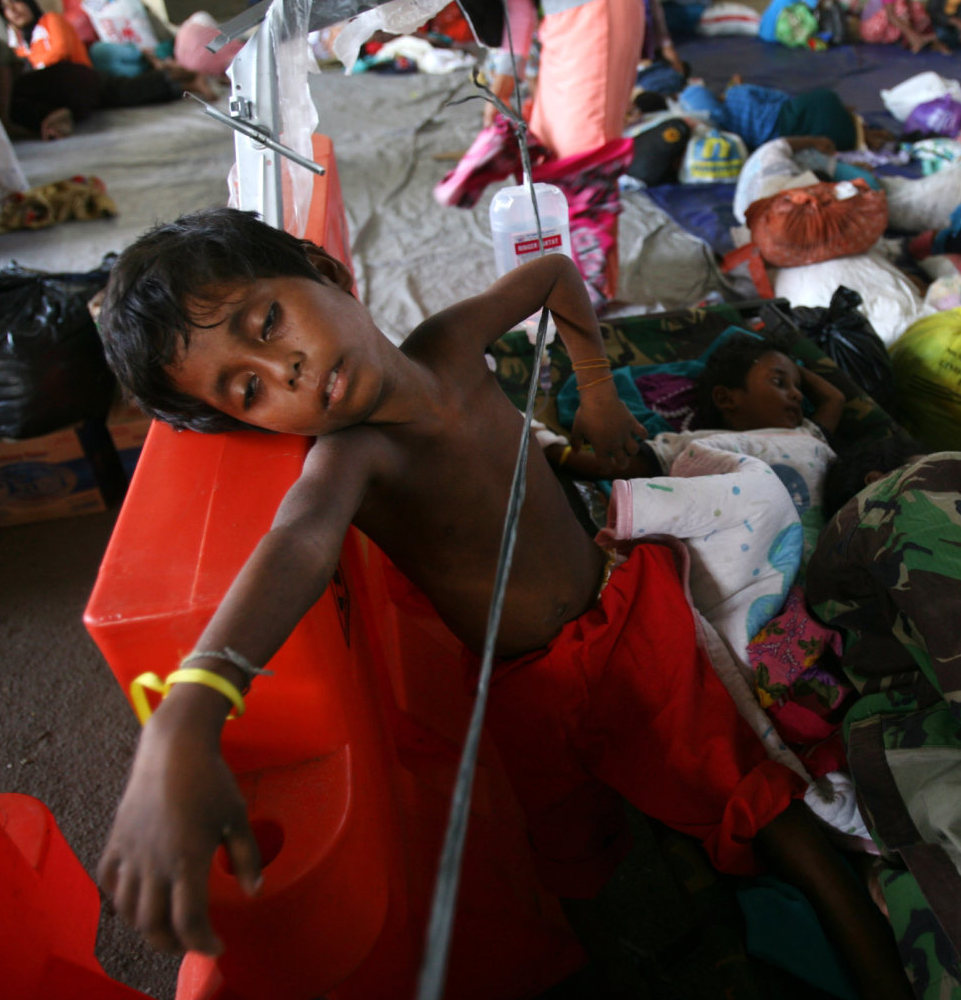Thailand’s Crisis, Myanmar’s Shame - the trapped boat people
The U.S. and European nations have been urging Thailand to combat human trafficking for some time, and it’s working. Thai authorities recently made several arrests in cases against criminal gangs that smuggle migrants from Myanmar. In response, however, many of those smugglers are abandoning their cargoes, setting adrift possibly thousands of would-be migrants without food, fuel or water. Regional navies have vowed to turn the vessels away, for fear of encouraging others to attempt the journey. Myanmar refused to shoulder blame for an escalating migrant crisis and cast doubts on whether it will attend a summit in Thailand later this month aimed at easing an emergency that has left thousands of refugees stranded at sea.
We are not ignoring the migrant problem, but our leaders will decide whether to attend the meeting based on what is going to be discussed.
Major Zaw Htay, director of the office of Myanmar’s president
Even the name Rohingya is taboo in Myanmar, which calls them “Bengalis” and insists they are illegal immigrants from Bangladesh, even though Rohingya have lived in the predominantly Buddhist Southeast Asian country for generations. Conditions have deteriorated steadily since anti-Muslim riots swept Rakhine in 2012. As many as 150,000 Rohingya remain trapped in displacement camps that lack sanitation, sufficient food and proper medical care. Persecution and poverty means many are willing to place their fates in the hands of smugglers, who have held some for ransom and sold others into virtual slavery.
We will not accept the allegations by some that Myanmar is the source of the problem.
Major Htay

rohingya Asia-Pacific